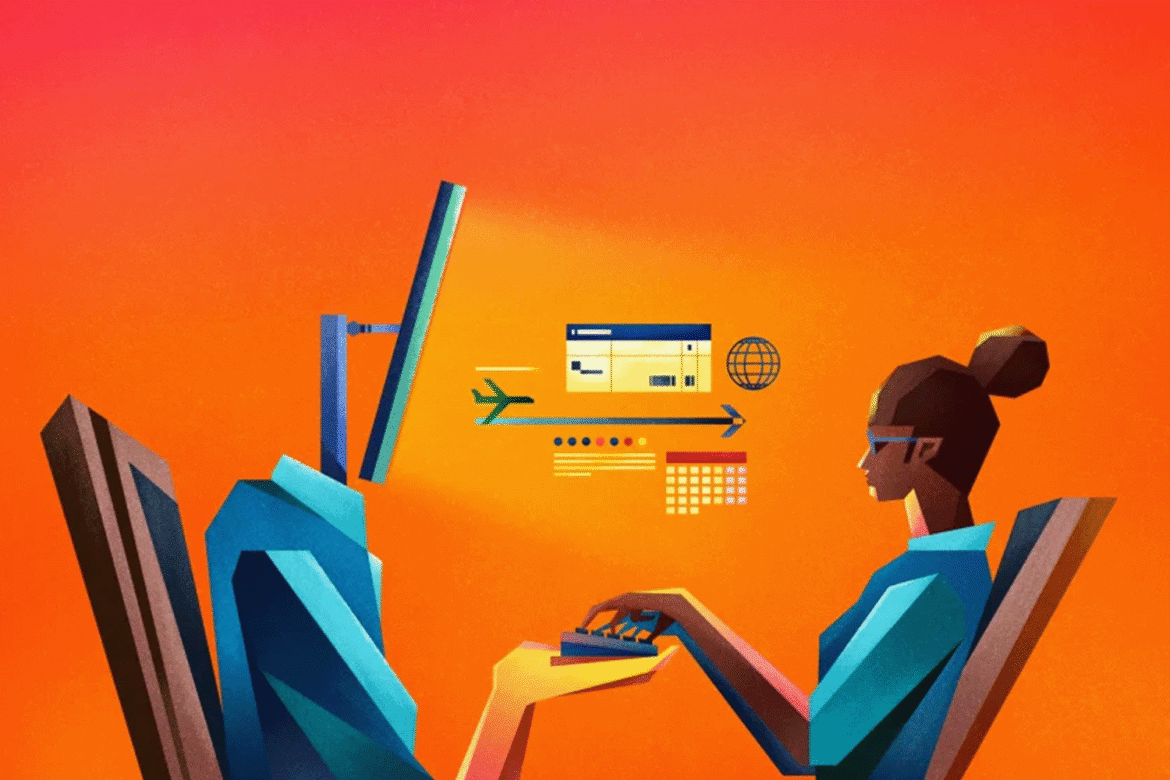Artificial intelligence has disrupted industries worldwide, but in the travel sector, it’s not replacing human advisors—it’s making them better. Far from spelling the end of travel agencies, AI tools are becoming trusted assistants behind the scenes, helping professionals deliver faster, smarter, and more personalized service to clients.
From Threat to Tool
When AI trip planners and chatbots first appeared, many feared the end of human travel advisors. Why pay an agent when an app could instantly generate itineraries? But the reality has played out differently.
Firms such as Páme Travel and Fora have shown that AI can be a game-changer for productivity rather than a competitor. By automating routine tasks—like pulling flight schedules, generating hotel options, or answering basic client questions—AI frees agents to focus on what machines can’t do: building relationships, offering insider knowledge, and crafting personalized journeys.
According to industry reports, agencies using AI effectively have seen business capacity increase by as much as 40%, proving that automation can amplify the human touch instead of erasing it.
How Agents Are Using AI
-
Itinerary Building – AI can quickly generate draft trip plans with flights, accommodations, and local experiences, which advisors then fine-tune for client preferences.
-
Communication – Chatbots handle routine inquiries, allowing agents to respond only when personal expertise is needed.
-
Operations – AI streamlines back-office tasks like invoicing, reminders, and document management, reducing administrative headaches.
These efficiencies mean travel advisors can handle more clients at once while still delivering customized, high-touch service.
Why the Human Touch Still Matters
Travel is deeply personal. A family planning a once-in-a-lifetime safari or a couple booking a honeymoon in Santorini often want reassurance from a professional, not just a chatbot. Human advisors can interpret unspoken needs, manage unexpected crises, and use lived experience to make a trip unforgettable.
As one travel consultant put it: “AI can suggest where to go. I can tell you where you’ll feel at home.”
The Future of AI in Travel
Rather than eliminating jobs, AI is likely to redefine them. Travel advisors of the future will act more like curators and storytellers, using AI as a background tool for logistics while they focus on creativity, empathy, and problem-solving.
The rise of AI also opens opportunities for smaller agencies to compete with larger players, since tools that once required big teams are now available in seconds through automation.
✅ Takeaway: In the age of artificial intelligence, travel advisors aren’t disappearing—they’re evolving. By embracing AI, firms like Páme Travel and Fora are showing that technology and human expertise can work hand-in-hand, making travel planning faster, smarter, and more personal than ever before.
Last Updated on 6 months ago by %Sunday funday%
